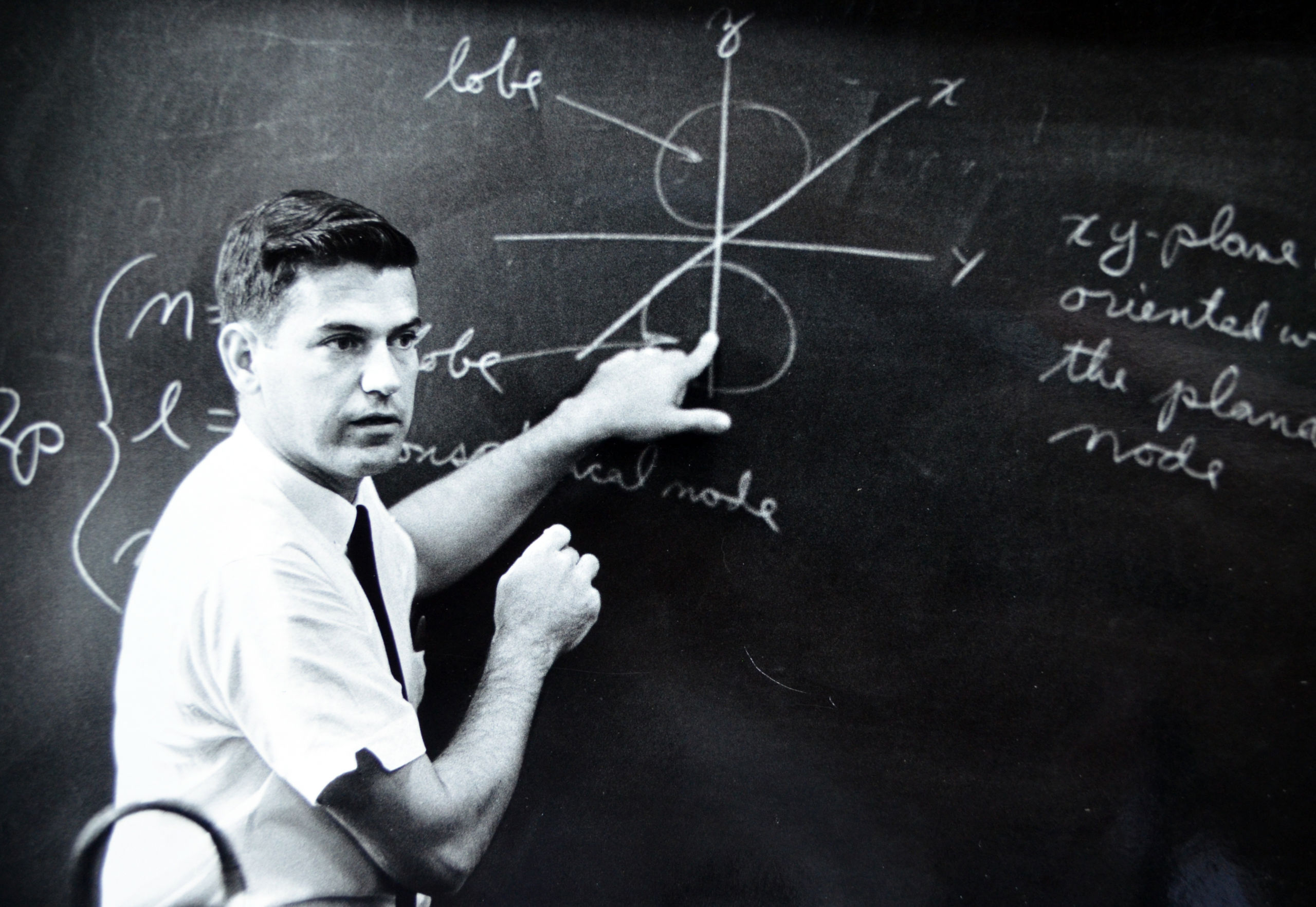 One might expect that John Hood’s new biography of former N.C. Gov. Jim Martin would feature a thorough synopsis of the key political and policy debates during Martin’s two terms in Raleigh from 1985 to 1993. It does.
One might expect that John Hood’s new biography of former N.C. Gov. Jim Martin would feature a thorough synopsis of the key political and policy debates during Martin’s two terms in Raleigh from 1985 to 1993. It does.
Hood also hits the high points of Martin’s dozen years in Congress. But perhaps the most interesting element of Catalyst is its description of factors that helped entice Martin into the political arena in the first place.
An early passage discusses the impact of Martin’s initial encounter with the conservative magazine National Review (now celebrating its 60th anniversary) during his college years at Princeton.
Martin was fascinated. He took particular interest in subjects to which he had not previously given much thought, such as foreign policy. Coming from the solidly Democratic South, Martin also found National Review’s frequent discussions of the principle of federalism compelling. While he agreed with the conservative argument that Washington was drawing too much power to itself on transportation, education, and other issues best left to states and localities, Martin saw a problem with applying the idea. At least in the nation’s capital, there was a robust partisan debate and competition. That wasn’t true back home. For federalism to work properly, Martin came to believe, state and local officials needed to be held accountable through frequent, competitive general elections. In the South, that would require a Republican Party capable of challenging Democrats outside of a few mountain counties and urban enclaves. To be competitive, the party would need more than just good candidates, strategists, and resources. It would need a governing philosophy for delivering public services such as education and transportation in an effective, efficient way, a philosophy Martin would later call “constructive conservatism.” If states and localities “were going to establish themselves with a bulwark against the federal government telling them what they had to do,” he concluded, “then they had to meet those responsibilities themselves.”
Based on those ideas, Martin changed his voter registration from Democrat to Republican in 1962, four years before his first election to public office.


